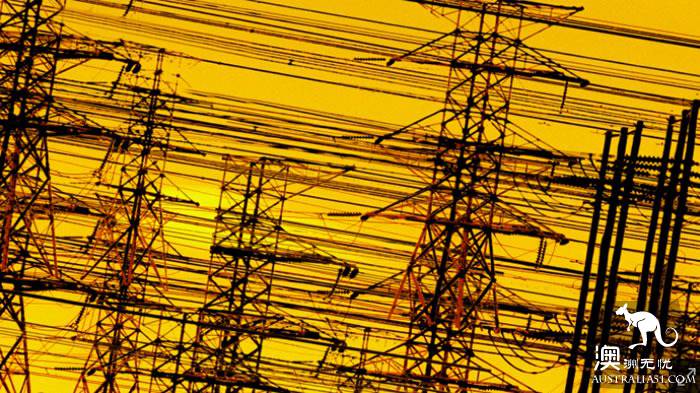According to the Times, new research shows that families who choose the worst electricity protocol on the market pay nearly 1000 yuan more a year than those who choose the best power protocol for Victorian households that use the same amount of electricity.
For Victorians, energy costs have a lot to do with location. Many of the most expensive deals are in some of the poorest parts of the state.
Some small-town families, including Gippsland's Latrobe Valley and Sale, and Seymour,Wangaratta and Wodonga in the center of the Northern District of Victoria, are among the most expensive areas in the state, according to an analysis released today by St Vincent De Paul Society.
At the same time, several wealthy urban areas in the middle of Melbourne's south-eastern region pay only the cheapest electricity bills, including Toorak,Armadale,South Yarra,Prahran and Caulfield..
Gavin Dufty, director of social policy at St Vincent de Paul, said Thursday's report showed that deregulation of the energy market had led to significant price differences in fees for the same basic services.
"the competition has not worked."

According to the latest tariff tracking report released by St Vincent de Paul, depending on the location, the average household electricity bill for a year ending July 31 is between 2110 yuan and 2675 yuan for a year with an average of 4800 kilowatt-hours of electricity.
By changing power suppliers, Victorian families can save $700 to $960 a year in electricity bills.
The report came just a day after Victoria's governor Andrews accused the energy retail market of being profit-hungry, saying he might take a crackdown on the private energy market.
Speaking at the Economic Development Summit on Wednesday, Andrews said private power companies were making a lot of money while families in Victoria were suffering from high electricity prices.
Andrews also criticised the privatisation of the electricity market, saying it had failed to deliver on its commitment to lower electricity prices.
This (privatization of the electricity market) only makes the situation more difficult for families in Victoria.
Andrews said the government will issue a series of announcements before the November 24 election on easing household energy price pressures.
But he did not give details of how government's promise would be achieved.
Asked if the energy company was aware of government's move, Andrews said "of course they do."
Electricity prices for households and businesses are rising, but big companies are always winners.
Andrews is hypocritical, says opposition party, who has had four years to solve the problem of energy prices.
"if Labour thought privatisation of the power sector was such a disaster, they would have had four years to re-regulate the industry," said opposition party chieftain Gay.
The report also confirms that families now spend more on electricity and gas than they did a year ago.
But most of the price hikes took place in January, when prices rose only slightly in July, Dufty said, saying it was an encouraging sign that energy prices in Victoria could fall soon.
"We are beginning to see some relief in price pressures. Hopefully within six months we will begin to see prices fall. "
Depending on the location, the average household's default rate increased by 10-16% in the year to July, while gas costs increased by 5-16%.
By the end of July, the default rate for families in the inner and eastern districts was 1928 yuan a year, 2250 yuan per year on the outskirts of Melbourne's North District, on the outside of the East District and on the east side of Victoria State.
Families with default rates for Ballarat,Bendigo and West Victoria cost 1702 yuan a year for gas, compared with 1831 yuan for northern and northeast Victoria.
Those who use market pricing agreements are much better off. Their annual electricity bill is 310 yuan a year, a lot of savings compared to the default rate of 770 yuan.
The study found that in July this year, the average household electricity price adopted market pricing is 1585 yuan, gas cost is 1550 yuan.
This represents a 2% rise in electricity tariffs and a 4% rise in gas costs since July 2017.